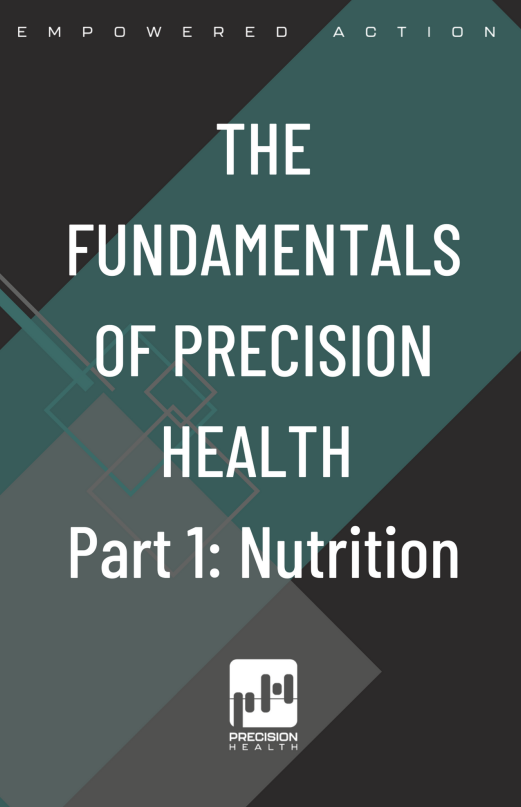
Unmasking the Culprits Behind Low Testosterone Levels
Testosterone, the quintessential male hormone, plays a pivotal role in regulating a range of bodily functions. It’s not just about muscle growth and virility; testosterone influences everything from mood and bone density to fertility and focus. For women, it also exists, albeit in lower quantities, and contributes to similar vital functions.
As we age, it’s expected that testosterone levels will decrease naturally, but in recent years, a concerning trend has emerged: an increasing number of young people are experiencing diminished testosterone levels. This decline often manifests in various symptoms, such as reduced libido, insomnia, and depression. What’s causing this drop in testosterone levels? Let’s explore the factors behind this issue and what you can do to combat it.
Disrupted Circadian Rhythms
A significant contributor to low testosterone levels is disrupted circadian rhythms, often caused by poor sleep hygiene. This disruption can lead to changes in the production of hormones, including testosterone. To maintain a healthy sleep pattern and support your hormonal balance:
- Consume your first meal within an hour of waking, with at least 30 grams of protein.
- Eat your last meal 3 to 4 hours before bedtime.
- If you struggle to fall asleep, opt for a dinner rich in healthy carbohydrates.
- Avoid caffeine and alcohol, especially after 1-2 pm.
- High-Intensity Prolonged Training
While exercise is crucial for overall health, high-intensity, prolonged cardio workouts like long-distance running or cycling can lead to decreased testosterone levels. These activities can elevate cortisol, the stress hormone, especially in individuals with a lower fitness level. This increase in cortisol, combined with overtraining, can create a vicious cycle that leads to a further drop in testosterone levels.
For those looking to boost testosterone, weight lifting is the way to go. As muscle mass increases, your body responds by producing more testosterone. When combined with High-Intensity Interval Training (HIIT), this not only enhances testosterone but also promotes heart health.

Excessive Body Fat
Aromatase enzyme, found primarily in adipose tissue, converts testosterone into estrogen. Therefore, the more body fat you have, the more testosterone can be converted into estrogen. To combat this, it’s essential to focus on improving your diet to lose fat and increase muscle mass:
- Reduce sugar and alcohol intake.
- Increase your consumption of protein-rich foods.
- Opt for a well-balanced diet that emphasizes nutrient-dense foods.
- Nutrient Deficiencies
Nutrient deficiencies can also contribute to low testosterone levels. To address this issue, consider increasing your intake of specific nutrients
- Zinc-rich foods, such as red meat, shellfish, chickpeas, pumpkin seeds, and nuts.
- Magnesium sources like avocado, almonds, spinach, and quinoa.
- Vitamin D-rich foods like salmon, tuna, egg yolks, and sardines, or consider supplementation.
- Include cruciferous vegetables like broccoli, cauliflower, Brussels sprouts, kale, turnips, and cabbage in your diet, as they can help boost testosterone levels.
In addition to boosting your intake of these beneficial nutrients, it’s crucial to avoid excess sugar and soy products, as they can negatively impact testosterone levels.
Conclusion
Understanding the factors that contribute to low testosterone levels is the first step in addressing this issue. By making adjustments to your lifestyle, including improving sleep patterns, tailoring your exercise regimen, managing body fat, and optimizing your nutrient intake, you can work towards maintaining healthy testosterone levels and enjoying the associated benefits, such as improved mood, increased focus, and enhanced physical well-being.




